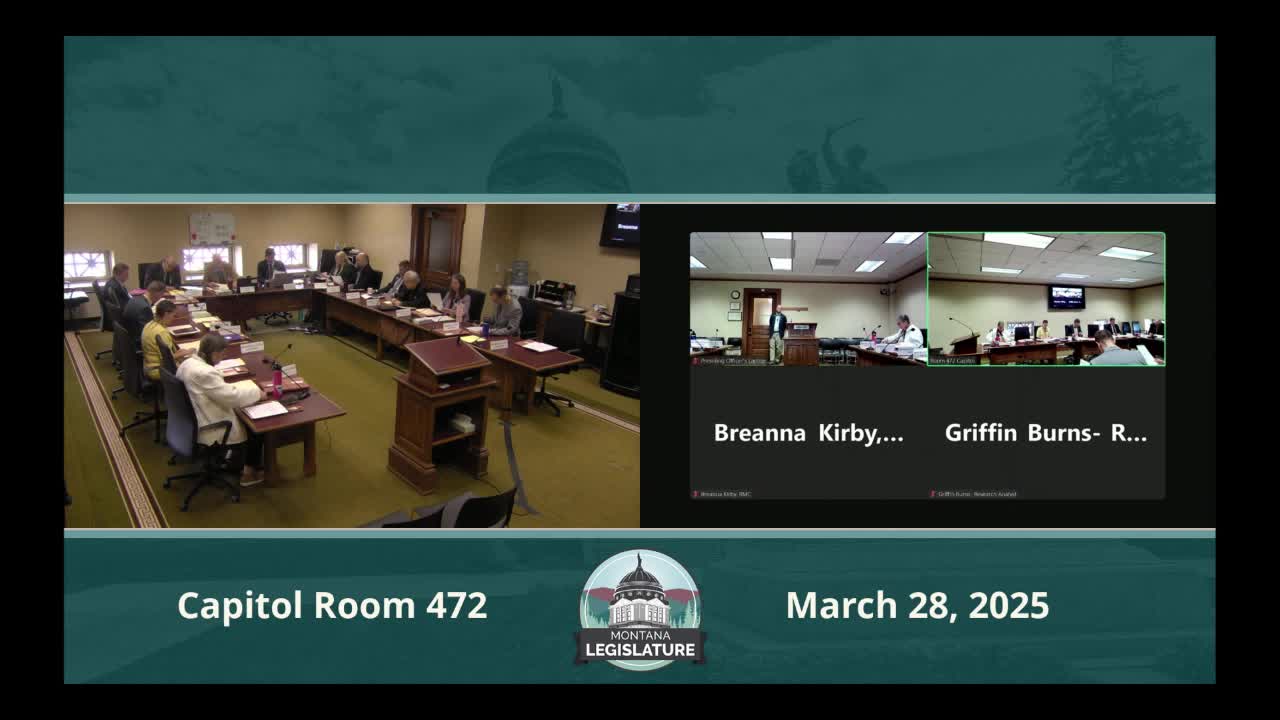Article not found
This article is no longer available. But don't worry—we've gathered other articles that discuss the same topic.
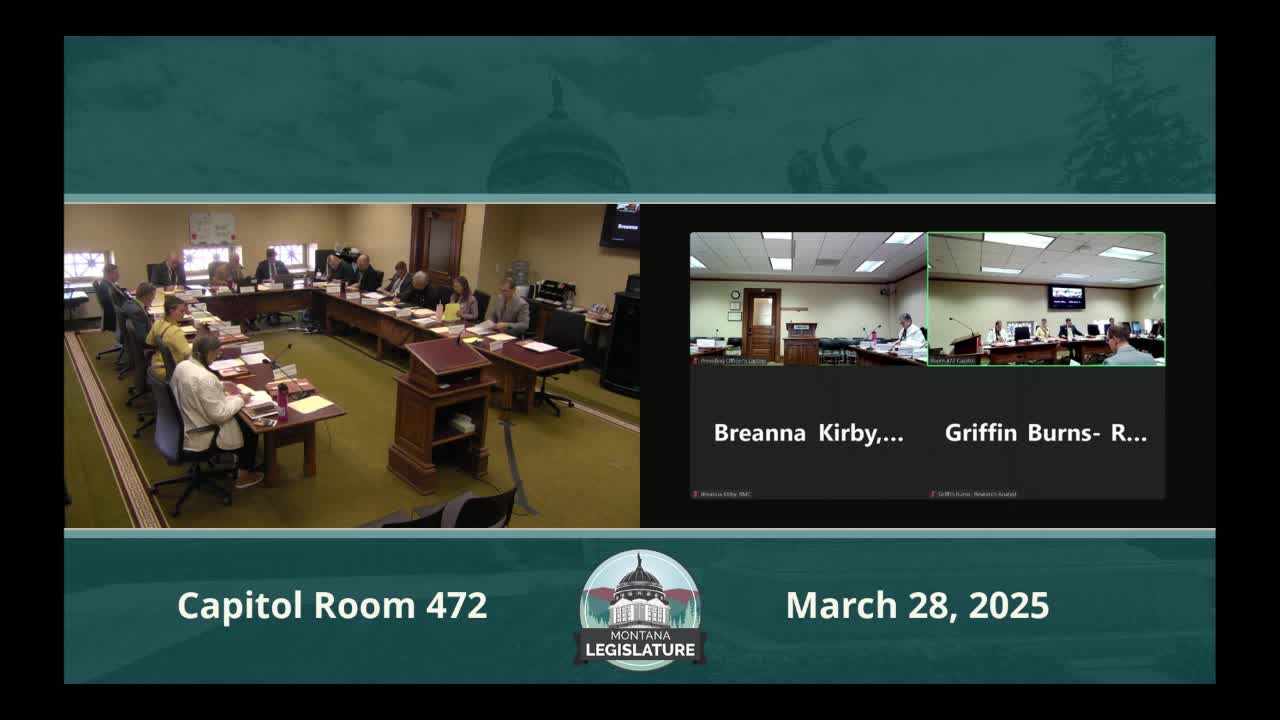
House Energy passes second Utah-related resolution after debate on legal limits, 8-6
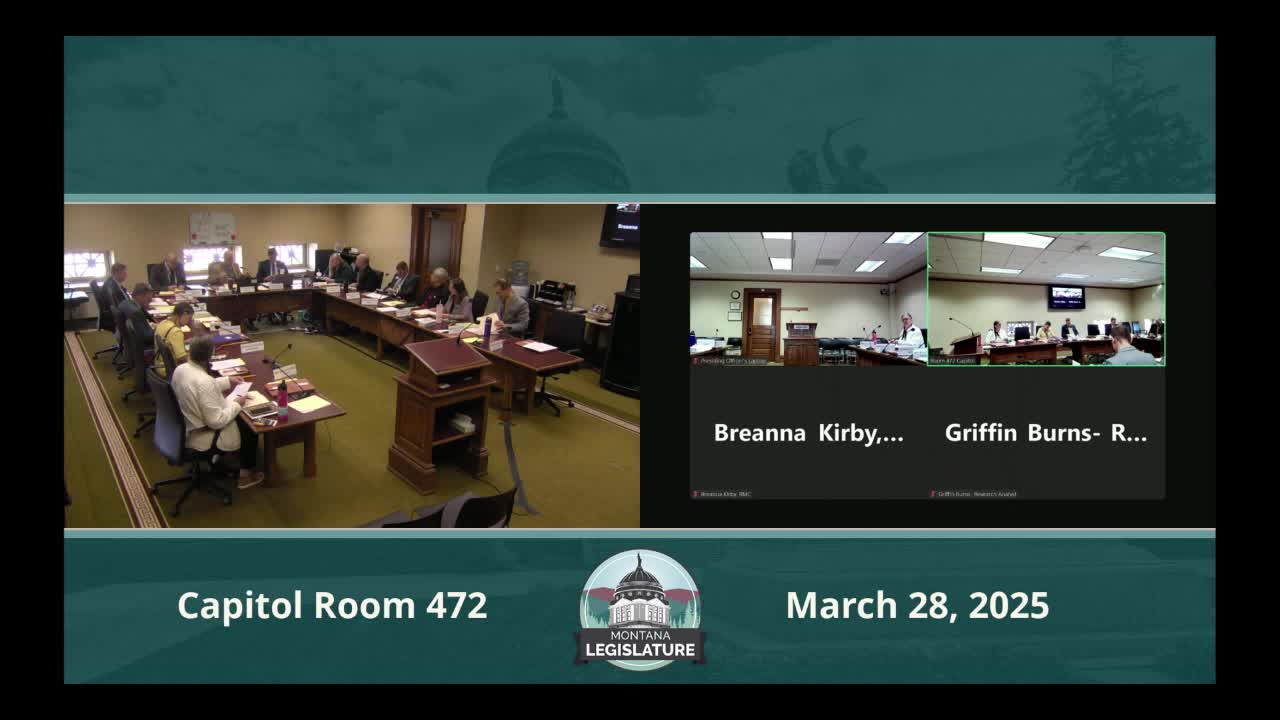
House Energy endorses joint resolution supporting Utah’s constitutional question on federal land
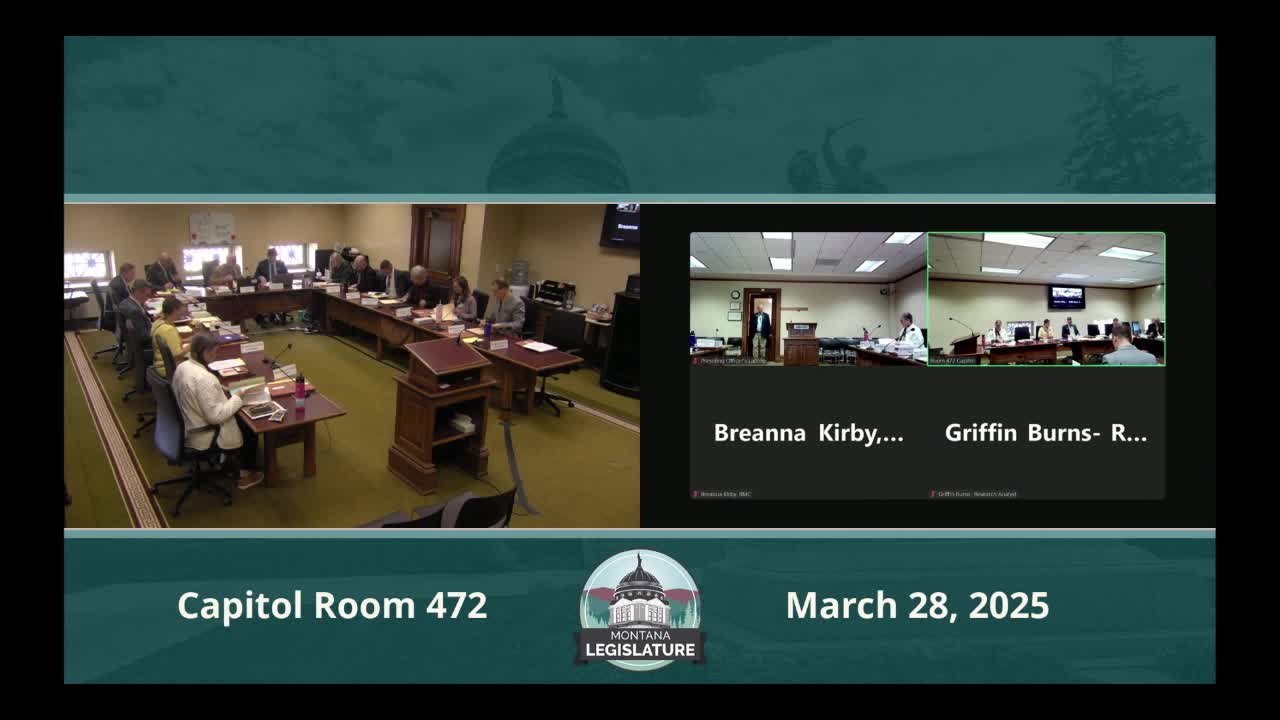
House Energy backs competitive bidding for new transmission-line projects
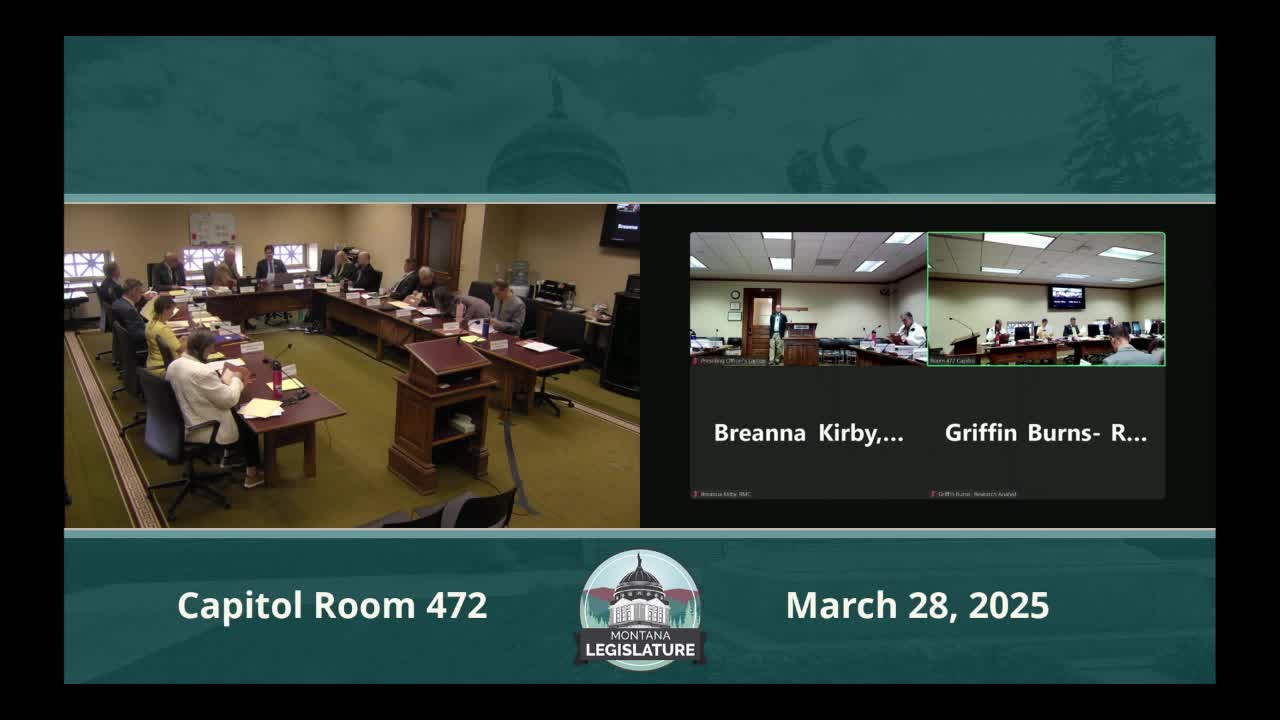
House Energy approves 'kill switch' bill after narrowing amendment to payment agreements
